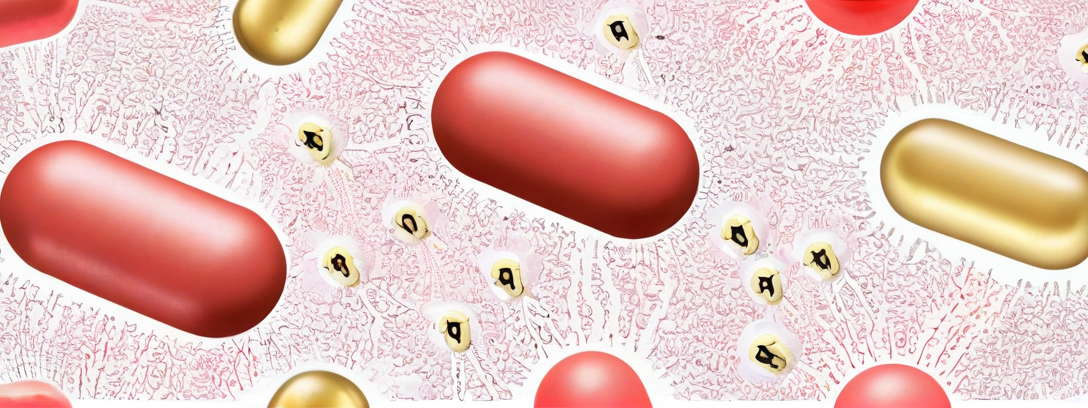**Understanding the Impact of Antibiotics on Gut Health**
The human gut, home to trillions of microorganisms, plays a crucial role in maintaining our overall health. However, the use of antibiotics can significantly disrupt this delicate balance, affecting gut health in numerous ways. This article aims to shed light on the intricate relationship between antibiotics and gut health.
The Role of Gut Microbiota
The gut microbiota is a diverse community of bacteria, fungi, viruses, and other microorganisms that reside in our digestive tract. These microbes perform various essential functions, including aiding digestion, synthesizing vitamins, modulating the immune system, and even influencing mood and cognition.
How Antibiotics Disrupt Gut Microbiota
Antibiotics are designed to kill or inhibit the growth of harmful bacteria that cause infections. Unfortunately, these powerful drugs don’t discriminate between beneficial and harmful bacteria. As a result, antibiotic treatment can lead to a significant decrease in the number and diversity of gut microbes, often referred to as dysbiosis.
Alteration in Microbiota Composition
Antibiotics can cause a shift in the composition of the gut microbiota, reducing the prevalence of beneficial bacteria while allowing potentially harmful species to flourish. This imbalance can lead to various health issues.
Impact on Digestion and Nutrient Absorption
Beneficial gut bacteria play a vital role in breaking down complex carbohydrates that the human body cannot digest, thereby providing essential nutrients. Antibiotic-induced dysbiosis can impair this process, leading to malnutrition and various digestive problems.
Long-Term Consequences
The long-term consequences of antibiotic-mediated gut dysbiosis are far-reaching and can include an increased risk of developing chronic conditions such as inflammatory bowel disease, irritable bowel syndrome, and colorectal cancer. Furthermore, antibiotics have been linked to weight gain, obesity, and metabolic disorders due to alterations in gut microbiota composition.
Preservation of Gut Health During Antibiotic Treatment
Preserving gut health during antibiotic treatment is crucial for maintaining overall wellbeing. Strategies include taking probiotics, consuming fermented foods, and ensuring a balanced diet rich in fiber and prebiotics to support the growth of beneficial bacteria. Additionally, antibiotic regimens should be as short as possible to minimize disruption to gut microbiota.
In conclusion, antibiotics can have profound effects on gut health by disrupting the delicate balance of gut microbiota. Understanding these effects is essential for making informed decisions about antibiotic use and for developing strategies to mitigate their impact on gut health. Preserving gut health during antibiotic treatment is critical for maintaining overall wellbeing and preventing long-term complications.


